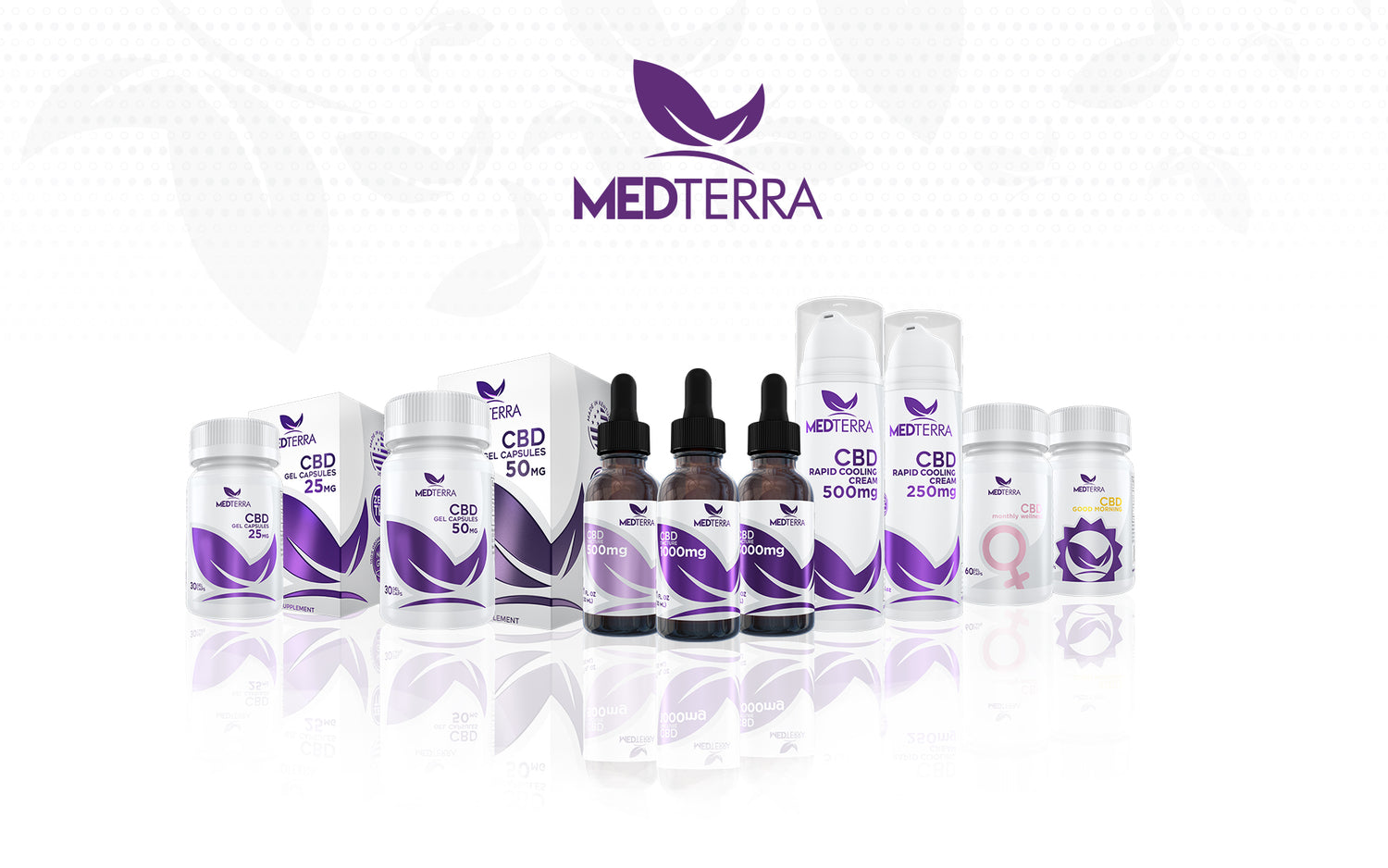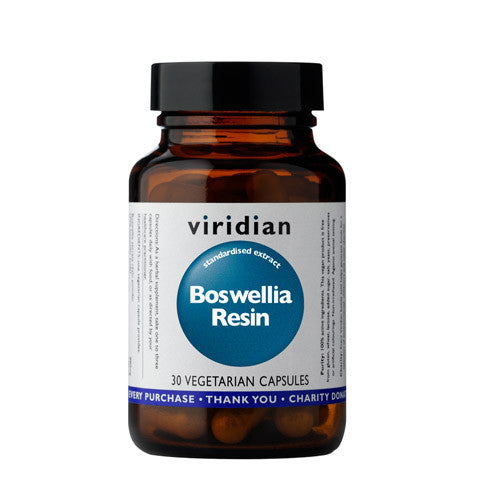Collagen has become one of the most buzzed-about supplements in the health world lately. Widely advertised as a “fountain of youth,” many turn to collagen looking to help erase wrinkles, soothe joint pain, and promote gut healing. However, despite its newfound status as a superstar supplement, most people are unsure exactly what it is, how it works, and how it can impact your health.
Let’s take a closer look at what exactly collagen is, plus why you may want to consider adding it to your daily routine.
What Is Collagen?
As the most abundant protein in the body, collagen is found throughout the muscles, skin, tendons, and ligaments. Collagen is often considered the “glue” that holds the body together, helping your joints move easily, keeping your skin from sagging, and strengthening the lining of the gastrointestinal tract.
Several different types of collagen exist, and every type is made up of a mix of different amino acids, including glycine, arginine, proline, and hydroxyproline – each of which plays an integral role in overall health.
Once you get older, collagen production starts to decline naturally, resulting in increased signs of aging like wrinkles, decreased skin elasticity, cellulite, and joint pain. Other factors may also play a role in reduced collagen levels, including smoking, excess sun exposure, and nutritional deficiencies. Genetics, sleep deprivation, impaired gut health, and high stress levels could contribute as well.
Taking a Collagen supplement is an easy and effective way to bump up collagen levels in your body to slow the signs of aging and support overall health. Available in both powder and capsule form, collagen makes a great addition to your anti-aging routine and may help decrease joint pain, support skin health, prevent leaky gut, strengthen bones, and protect against hair loss.
5 Benefits of Collagen
1| Reduces Joint Pain
Pain, swelling, and stiffness of the joints are a few of the most common symptoms that tend to pop up as you get older. Arthritis, in particular, is a condition characterized by inflammation in the joints that affects approximately 23% of all adults in the United States and becomes increasingly prevalent with age.1
Studies show that collagen can help decrease joint pain and support better joint function. According to a study in the journal Complementary Therapies in Medicine, for example, supplementing with 1,200 milligrams of collagen hydrolysate for six months was effective at decreasing joint pain compared to a placebo. Another study out of Pennsylvania showed that using collagen decreased activity-related joint pain in athletes over a six-month period.2
2| Supports Skin Health
Some of the most noticeable signs of decreased collagen production can be seen right on your skin. In fact, changes in skin hydration, skin texture, and appearance are a few of the standard symptoms of aging often experienced by those with decreased collagen levels.
Some research suggests that taking collagen can help keep your skin glowing and youthful. A 2014 study conducted by the University of Kiel reported that supplementing with collagen peptides for eight weeks improved skin elasticity and skin moisture in older women.3 Although more research is needed, it’s also thought that collagen could be therapeutic for other skin issues as well, including cellulite and stretch marks.
3| Repairs Leaky Gut
Leaky Gut Syndrome is a condition in which food particles and toxins are able to pass through the digestive tract into the bloodstream, causing widespread inflammation throughout the body. Leaky gut syndrome can also cause symptoms such as bloating, fatigue, headaches, skin problems, and weight gain.
Collagen helps to strengthen and seal the lining of the intestines, preventing the passage of particles to protect against leaky gut. Not only that, but other research suggests that there may be a link between collagen and other inflammatory issues as well. For example, some studies have found that collagen levels are actually decreased in those with inflammatory bowel disease, a condition that causes inflammation in the digestive tract.4
4| Strengthens Bones
Bone loss is a serious issue that occurs with age, increasing the risk of fractures and upping the chance of developing conditions like osteoporosis. As a major component of the bones, collagen can help promote bone density and build up bone strength.
For example, a recent 2018 study in Nutrients showed that taking collagen peptides for 12 months increased bone mineral density in postmenopausal women by up to 7 percent compared to a control group.5 In another study, combining collagen with calcium decreased levels of several specific proteins in the body responsible for bone breakdown to a greater extent than calcium supplements alone.6
5| Prevents Hair Loss
Collagen is considered the building block of the hair, skin and nails, so it should come as no surprise that it could potentially help promote hair growth and prevent hair loss. According to an animal model in the Journal of Investigative Dermatology, collagen could help improve wound-induced hair regrowth and may be therapeutic against hair loss and other skin-related conditions.7






